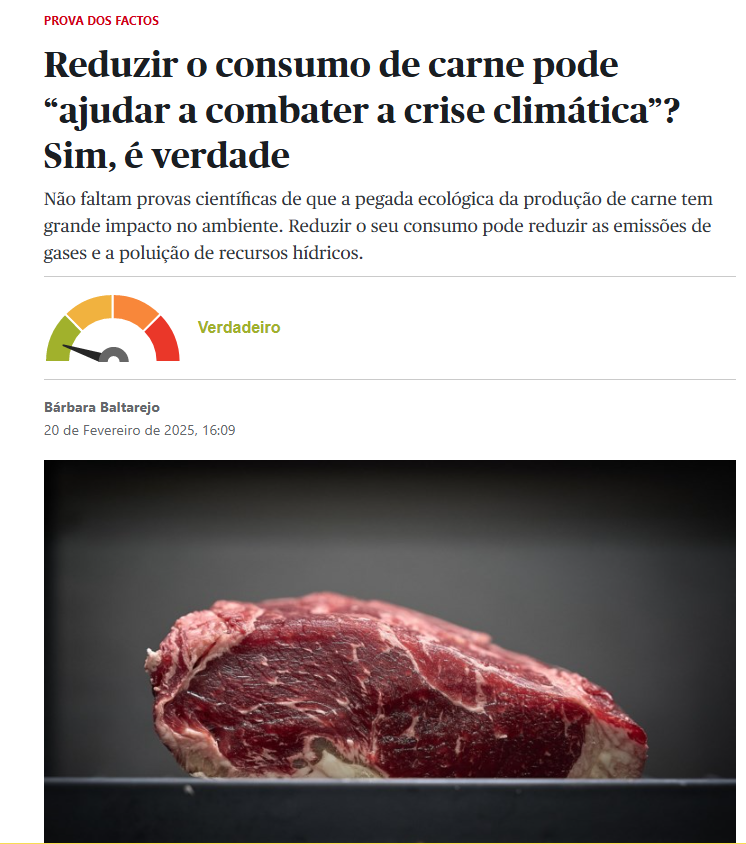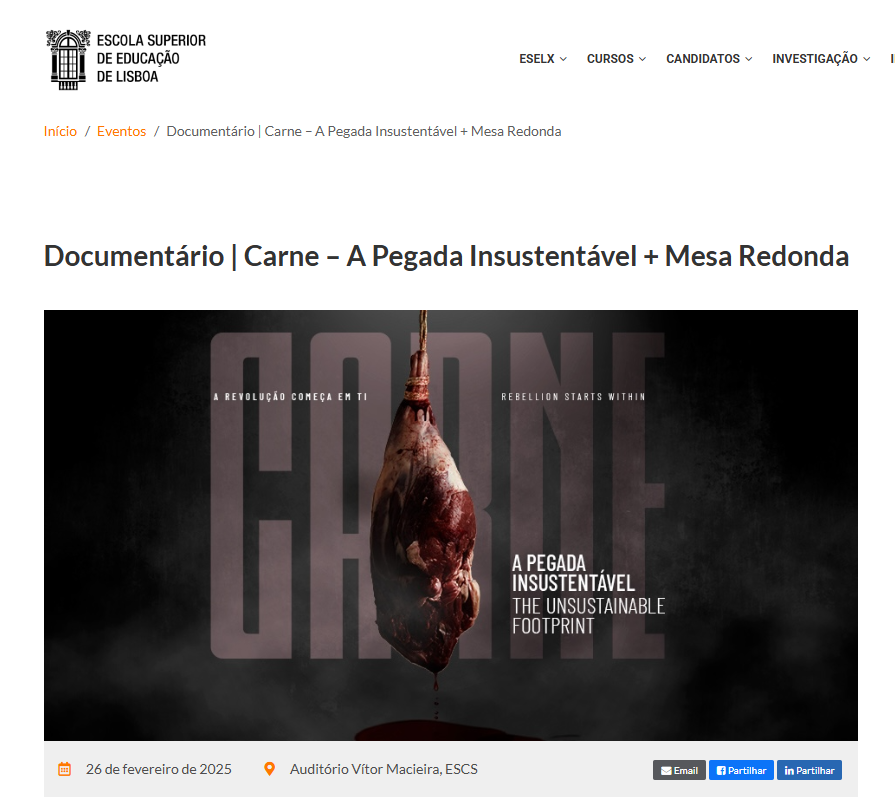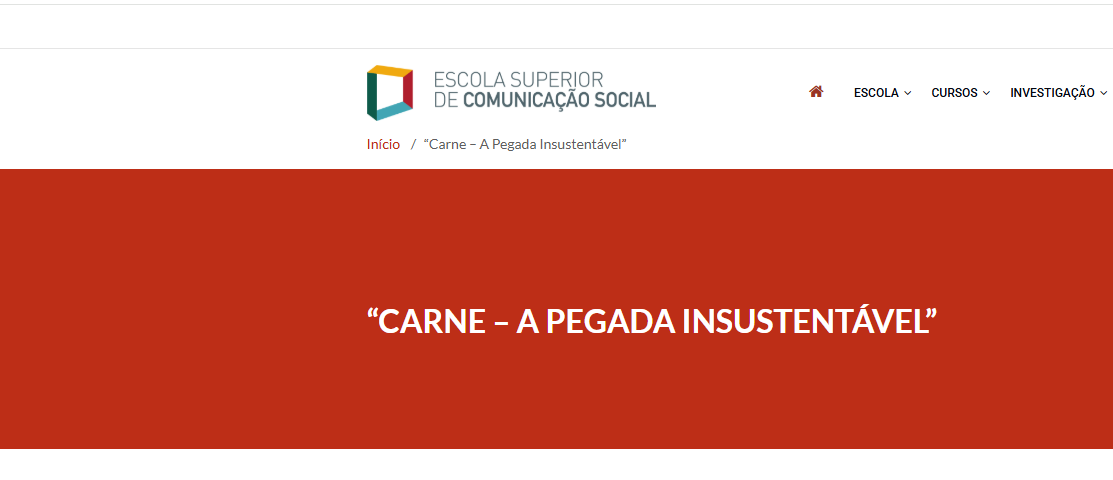
The New York Times: 'E.U. Farm Chief Pledges to Tackle Corruption in Subsidy Program'
E.U. Farm Chief Pledges to Tackle Corruption in Subsidy Program
The vow follows a New York Times investigation showing how one of the world’s largest subsidy programs enriches far-right leaders, bankrolls oligarchs and underwrites Mafia tactics.

BRUSSELS — The European Union’s new top agricultural official promised on Thursday to introduce anticorruption measures in response to a New York Times investigation that revealed how the bloc’s huge farm subsidy program underwrites a system of political patronage and land grabbing.
The $65-billion-a-year fund is one of the world’s largest subsidy schemes. The money, which many farmers regard as a birthright and which dates to the founding of the European Union, has helped transform the continent into a dominant agricultural producer.
But the Times investigation showed how populist far-right politicians have used the program to enrich themselves and their political allies at the expense of small farmers. It also showed how the program has contributed to devastating environmental problems — among them rising greenhouse gas emissions, polluted rivers and sharp reductions in bird populations.
The bloc’s new agricultural commissioner, Janusz Wojciechowski, told members of the European Parliament on Thursday that he would work to tighten controls. “I would like to introduce a list of preventive anticorruption measures,” he said.
Mr. Wojciechowski’s response, if short on specifics, signaled that top officials in Brussels are considering direct steps to combat corruption in the subsidy program. European officials had previously said that it was up to national leaders — including those who have manipulated and benefited from the subsidies — to institute reforms or crack down on abuses
The Times tracked at least $49 million in subsidies to companies controlled by Prime Minister Andrej Babis of the Czech Republic, for example. And reporters mapped government farmland sales in Hungary that made the family and friends of the prime minister, Viktor Orban, eligible for millions of dollars in subsidies.
Despite such problems, any significant changes proposed by Mr. Wojciechowski are likely to be hotly contested. Some of the European lawmakers who write the subsidy policy also benefit personally from the program, a situation that is allowed by Europe’s weak and murky conflict-of-interest rules.
Cracking down will also be difficult because much of the abuse documented by The Times can be traced to the subsidy formula itself. The European Union pays farmers based on how much land they control, a system that encourages farmers to acquire more and more property.
In Hungary, leaders have doled out huge swaths of government-owned farmland, making the new owners eligible for subsidies. In Bulgaria, a handful of grain barons receive most of the subsidies. Slovakian farmers have reported being beaten and extorted for farmland. These sorts of abuses are typically left to the national governments to police.
Just this month, Italian officials arrested 94 people suspected of being involved in a Mafia scheme to make millions from European farm subsidies.
Mr. Wojciechowski reiterated his office’s longstanding support for a subsidy cap, a measure intended to reduce the amount of subsidies that go to the biggest farmers. Currently, about 80 percent of subsidies go to the wealthiest 20 percent of recipients. But such a change would need approval from national leaders, many of whom are organizing against it.
“I think large farms — at some level this is more of an enterprise than a farm, so financing such holdings should be limited,” Mr. Wojciechowski said. “Whether it happens or not, that’s up to member states.”
The subsidies are at a crossroads this year as lawmakers in Brussels debate their renewal.
European leaders have not said how the farm program fits into their ambitious new environmental agenda, known as the Green Deal. Agriculture is by far the biggest item in the European budget, accounting for roughly 40 percent of all spending.
Lê esta notícia aqui.










Público: 'Prova dos factos'
Quinta-feira, 20 de Fevereiro de 2025
LER MAIS